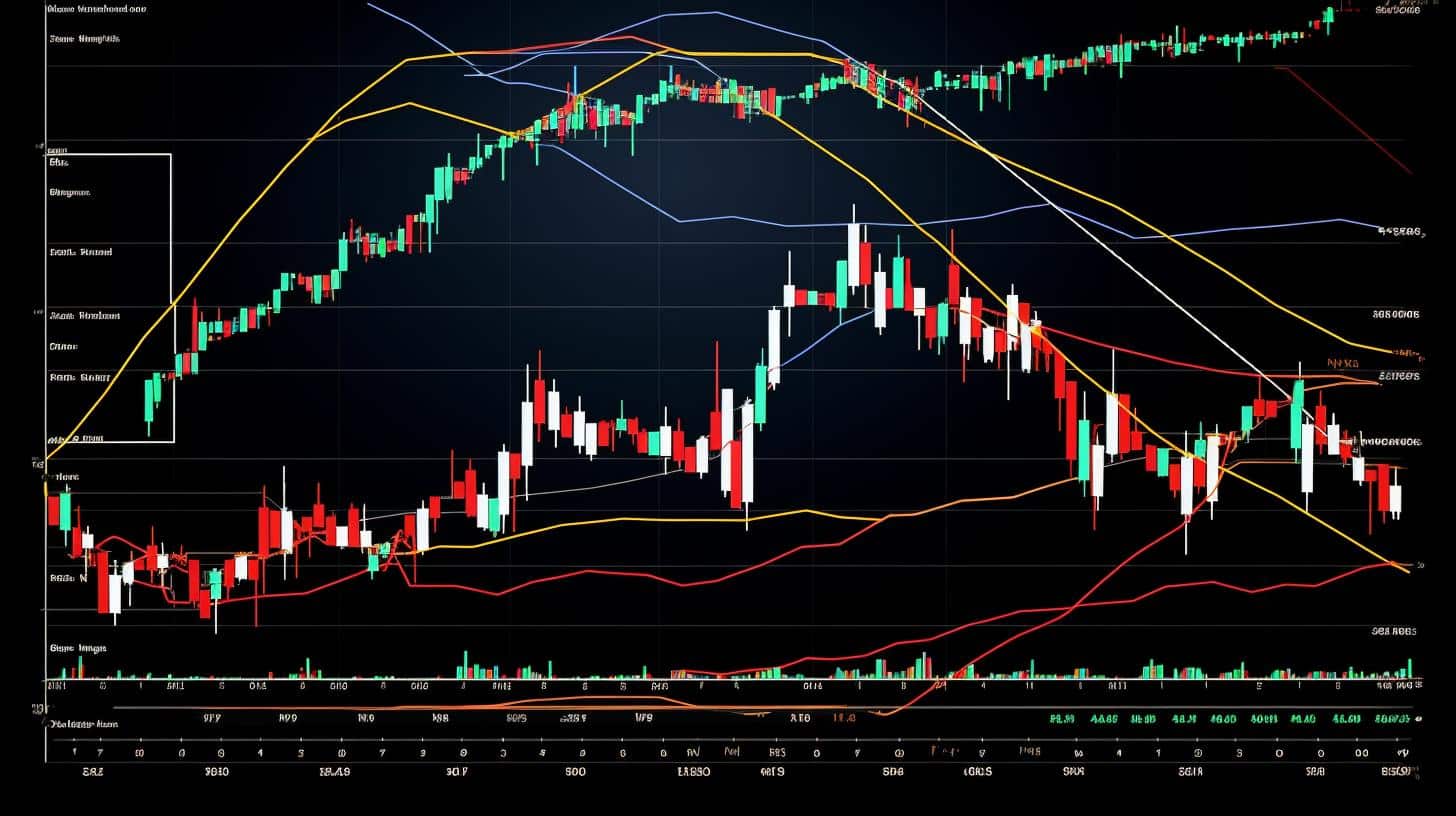The Impact of Automation on Worker Morale: A Comprehensive Study
The automation revolution is transforming workplaces across the globe, but at what cost to human morale? Recent findings from the Brookings Institution shine a light on robotics’ impact on job meaningfulness, revealing critical insights into the human-robot dynamic in industries. With robotic adoption on the rise, understanding these changes is more crucial than ever.
The Shift Towards Robotic Workforces
As industries pivot towards automation to address short-term labor shortages and enhance efficiency, the long-term implications of this shift on employment and worker satisfaction remain open-ended. Yet, amid the broader discussions on automation's economic benefits, the perspective of human workers sharing their workspace with robots often gets overlooked.
Exploring Work Meaningfulness in the Age of Robotics
The Brookings Institution’s recent analysis utilized data from worker surveys across 14 industries in 20 countries, juxtaposed with robot deployment data from the International Federation of Robotics. Focusing on sectors like automotive and food and beverage, the study offers a unique lens on how robotics influence the core aspects of job satisfaction, namely competence, autonomy, and relatedness—the pillars of self-determination theory that define meaningful work.
Findings unveil a troubling trend: increased robotic integration could significantly diminish workers' sense of meaningfulness and autonomy in their roles. A hypothetical spike in robot adoption in the food and beverages sector to levels seen in automotive manufacturing could lead to a 6.8% drop in work meaningfulness and a 7.5% reduction in autonomy, underscoring potential challenges in worker engagement and satisfaction.
The Universal Challenge of Robotization
The implications of robotization span across educational backgrounds, skill levels, and job types, pointing to a universal challenge within the workforce. This uniform impact emphasizes the need for strategies that foreground human-machine collaboration rather than competition, suggesting avenues for mitigating the negative aspects of automation on worker morale.
Strategies for Harmonious Human-Robot Coexistence
Addressing the nuanced dynamics between workers and robots necessitates more than just halting automation progress. With the undeniable efficiency gains from robots, businesses are unlikely to reverse course on adopting these technologies. However, insights from Brookings Institution advocate for a balanced approach where human and machine cooperation is optimized. By fostering environments where robots augment human capabilities without encroaching on the meaningfulness and autonomy of work, companies can safeguard worker well-being amidst rapid technological advancements.
In this evolving landscape, the mantra for success lies in ensuring that automation serves as a complement rather than a competitor to human labor. As collaborative robotics becomes a beacon for industries aiming to maintain high morale and productivity, crafting human-centric automation policies will be instrumental in navigating the future of work.
In essence, while automation presents undeniable advantages for business efficiency and output, the critical task ahead involves harmonizing these benefits with the intrinsic human need for meaningful and autonomous work. As we stand at the crossroads of a new era in industrial history, the balance between robotic efficiency and human well-being emerges as the cornerstone of sustainable progress in the workplace.
Analyst comment
Positive news: The comprehensive study from the Brookings Institution highlights the impact of automation on worker morale, providing insights into the human-robot dynamic. The study emphasizes the need for human-machine collaboration and strategies for harmonious coexistence.
As an analyst, I predict that the market will continue to see an increase in robotic adoption in various industries. However, companies will need to prioritize human well-being by optimizing human and machine cooperation. Balancing robotic efficiency with meaningful and autonomous work will be crucial for sustainable progress in the workplace.













